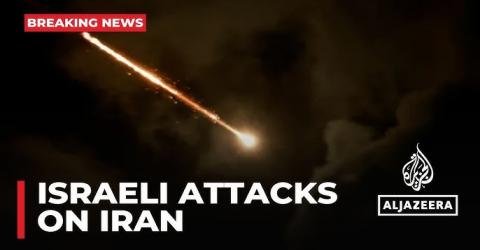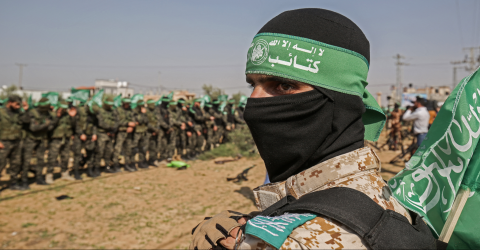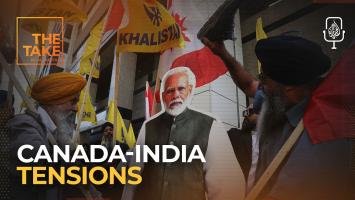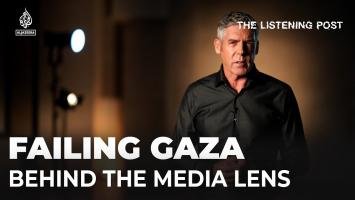Why did the Grand Alliance suffer a crushing defeat in the 2025 Bihar Assembly elections?: Analysis
The Grand Alliance suffered a crushing defeat in the 2025 Bihar Assembly elections. The NDA, on the other hand, achieved a landslide victory. While the NDA secured 202 seats, the Grand Alliance secured only 35 seats, while other parties secured six seats.
In the 2025 Bihar Assembly elections, the Bharatiya Janata Party (BJP), which is part of the NDA, won 89 seats, the Janata Dal (United) 85 seats, the Lok Janshakti Party (Ram Vilas) 19 seats, the Hindustani Awam Morcha (Secular) 5 seats, and the Rashtriya Lok Morcha 4 seats.
Whereas in the 2025 Bihar Legislative Assembly elections, the Rashtriya Janata Dal (RJD), which was part of the Grand Alliance, won 25 seats, the Indian National Congress won 6 seats, the Communist Party of India (Marxist-Leninist) (Liberation) won 2 seats, the Communist Party of India (Marxist) won 1 seat, and the Indian Inclusive Party won 1 seat.
Furthermore, the All India Majlis-e-Ittehadul Muslimeen won 5 seats and the Bahujan Samaj Party won 1 seat in the 2025 Bihar Legislative Assembly elections.
Why did the Grand Alliance suffer a crushing defeat in the 2025 Bihar Legislative Assembly elections?
Perwez Anwer is a senior political analyst and the news director and editor-in-chief of the IBTN Group.
Perwez Anwer says that there are several reasons for the Grand Alliance's crushing defeat. First, the biggest reason is the internal conflict within the Lalu family, which sent a wrong message in Bihar. Lalu Yadav expelled his elder son, Tej Pratap Yadav, from the party and family for six years. As a result, Tej Pratap Yadav formed his own party, the Janshakti Janata Dal, and contested the elections. Although Tej Pratap Yadav lost the election, it harmed the RJD.
Second, Asaduddin Owaisi's party, the All India Majlis-e-Ittehadul Muslimeen, had demanded six seats from the Grand Alliance, which the Grand Alliance refused to provide. Owaisi's party won five seats and lost one by a narrow margin. However, contesting more than 20 seats harmed the Grand Alliance.
Third, declaring Mukesh Sahni as the Grand Alliance's Deputy Chief Ministerial face proved suicidal for the Grand Alliance. This led to considerable opposition. The question was raised: if Mukesh Sahni, who belongs to the Mallah caste, which constitutes approximately 2% of Bihar's population, could be declared the Deputy Chief Ministerial face, why was not a Muslim, who constitutes 18% of the population, declared the Deputy Chief Ministerial face?
Mukesh Sahni's party suffered a crushing defeat in the elections. None of its candidates won.
Fourth, Prashant Kishore Pandey's Jan Suraj Party may have suffered a crushing defeat, but it caused a significant loss to the Grand Alliance.
Fifth, just before the elections, the Bihar government gave ₹10,000 to each of approximately 13.5 million women, ensuring a landslide victory for the NDA.













